Squatters have taken over Gordon Ramsay's restaurant in London and are threatening legal action
Squatters have taken up residence in one of Gordon Ramsay's restaurants in London.
The squatters hung a sign outside, warning they'd take legal action against trespassers.
Local police told BI they're "aware" of the situation and would "take action when appropriate."
Squatters have taken over one of Gordon Ramsay's restaurants in London, saying they aim to create a "community space" for everyone in one of the city's wealthiest areas.
At least six people have taken up residence in York & Albany, an eatery and hotel in Camden Town, The Sun and BBC reported.
York & Albany was temporarily closed while the celebrity chef finalized a new lease, The Sun reported.
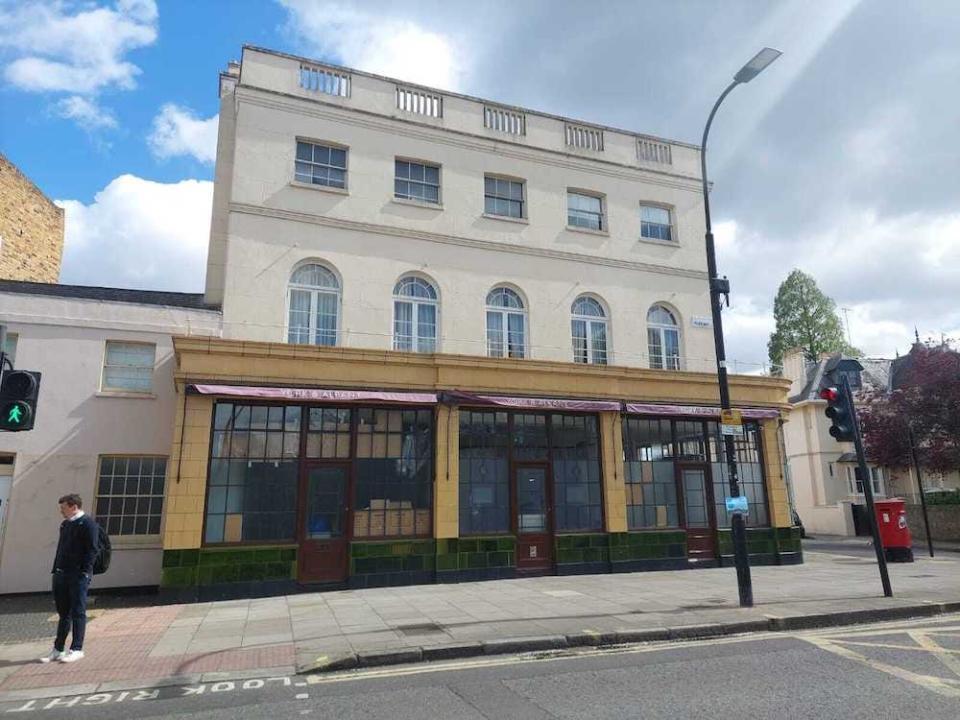
London's Metropolitan Police department told Business Insider it was "made aware of squatters at a disused property" on April 10. It's unclear when the squatters first arrived.
The news outlets reported that the group had locked themselves inside, boarded up the windows, and threatened legal action against anyone who attempted to remove them.
A "legal warning" was taped outside the building when BI visited on Monday.
"Take notice that we occupy this property and at all times there is at least one person in occupation," the notice read.
It added that "any entry or attempt to enter into these premises without our permission is therefore a criminal offence as any one of us who is in physical possession is opposed to such entry without our permission."
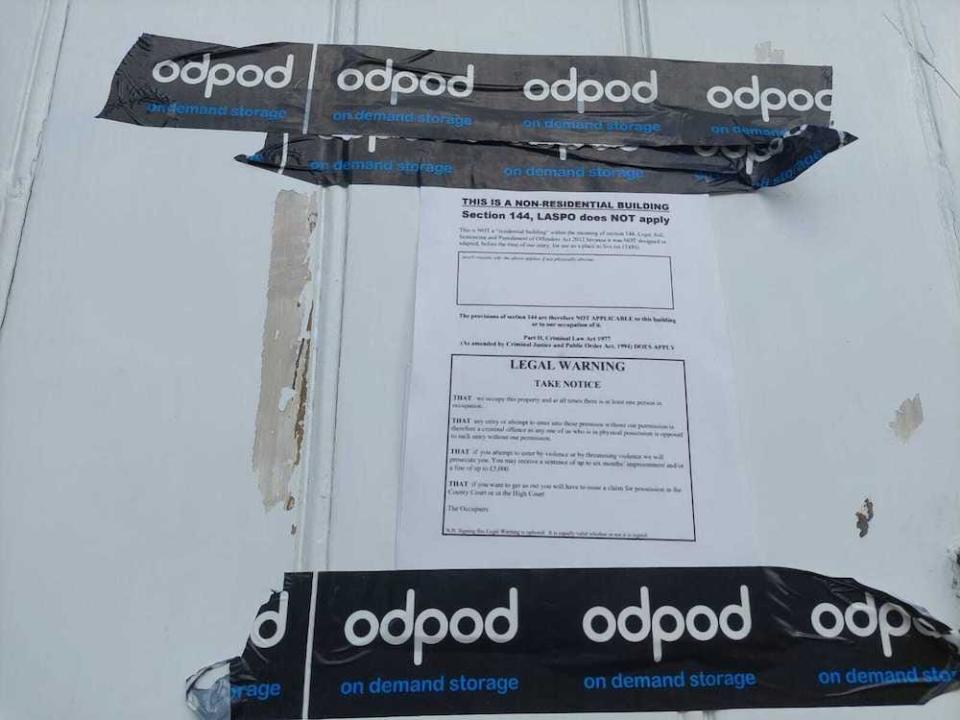
The warning said the group would take legal action against those who "enter by violence" or "threaten to enter by violence."
The notice read, "LASPO does NOT apply," referring to the 2012 Legal Aid, Sentencing, and Punishment Offenders Act. Under LASPO, occupying a nonresidential building is not a crime.
The squatters claim the law allows them to be there.

Ramsay called local authorities about the property but has so far failed to have the squatters removed, according to reports.
Police told BI that this issue "is a civil matter and so police did not attend as an emergency call out."
However, the department said it was "in the process of identifying if any subsequent offences have occurred, and will take action where appropriate."
Representatives for Ramsay and York & Albany did not immediately respond to a request for comment from BI.
Two Instagram accounts — Autonomous Winter Shelter and Camden Art Cafe — have described it as a "new squatted community space."
In a statement posted on the Camden Art Cafe Instagram account, the group said it planned to open the doors regularly to visitors.
The group said that since Camden has one of the biggest wealth disparities in London, "it seems only fitting that £13 million properties that most locals would never be able to afford to visit should be opened up to all."
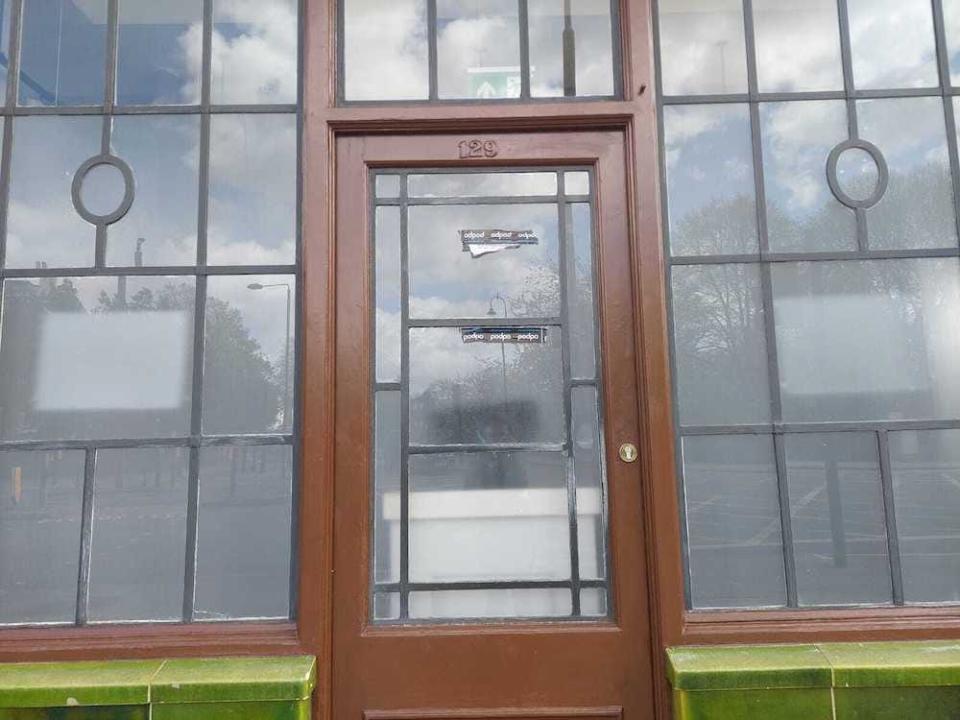
"At a time when Camden market has been bought out by a billionaire and many longstanding local businesses are being evicted from their units, it's even more important that we all band together in all the forms of resistance that we know and can," the post said.
Camden Art Cafe's Instagram appeared to share photos of the restaurant's interior.
"An autonomous cafe in the heart of Camden committed to providing free food and creating a space for the community," the account bio reads.

Ramsay became attached to the property in 2007 when the actor and director Gary Love leased it to him on a 25-year term with a yearly rent of £640,000, or about $797,000, the outlets report.
In 2014, Ramsay's restaurant empire announced an almost $8 million loss, attributing much of it to York & Albany and associated legal costs, the trade outlet The Caterer reported at the time.
Ramsay tried to get out of the lease in 2015 but lost the legal battle.
The property was listed for sale in late 2023 for £13 million, or more than $16 million, according to media reports.
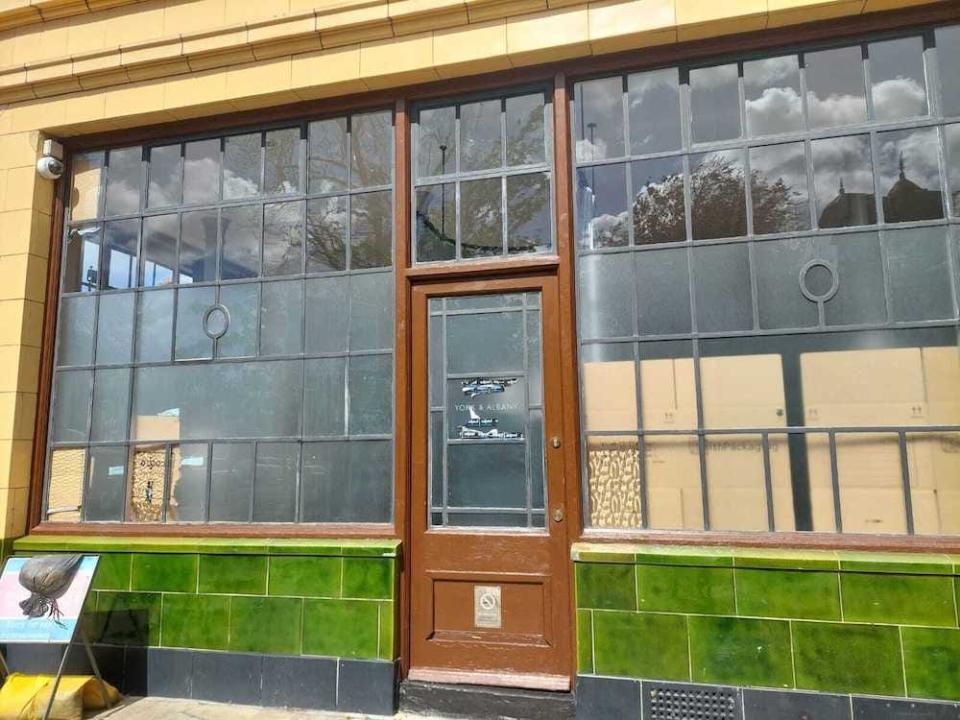
The restaurant-hotel is close to a busy junction near Regents Park, a bustling tourist hot spot.
A 2020 review in The Telegraph described the hotel as a "chic" space with rooms designed by the British fashion designer Russell Sage. The high-ceilinged, 19th-century rooms were decorated with contemporary pieces, the review said.
When BI visited, the building looked like a derelict hotel on the outside, with the lights off and windows partially boarded up.
A BI reporter and another journalist attempting to speak to the squatters were the only people on the street.
Signs announcing the new "cafe" were small and could be easily overlooked.
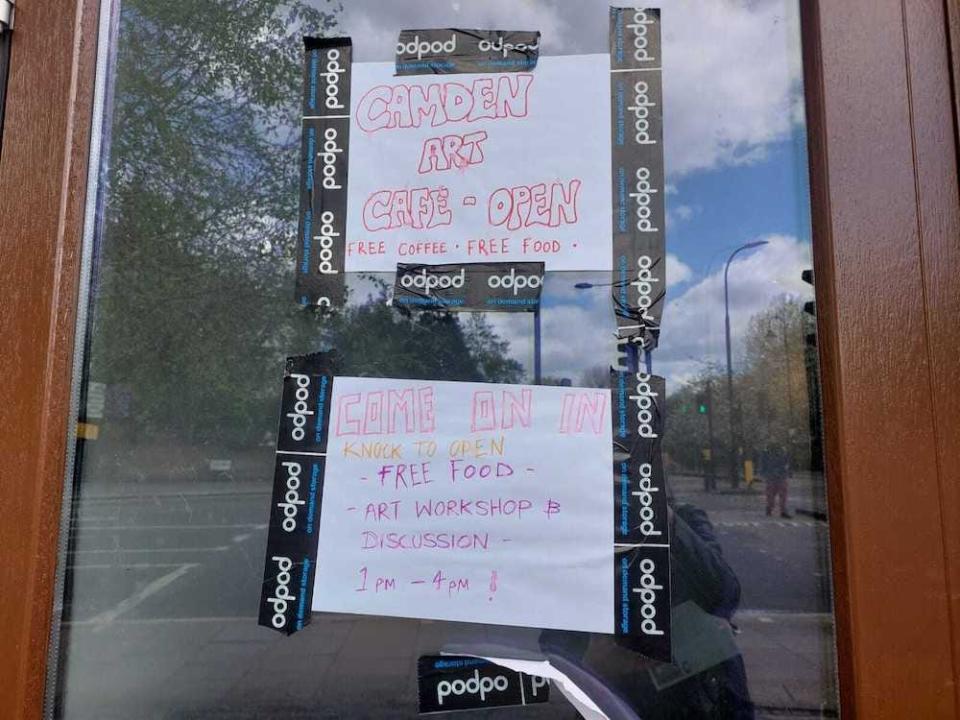
BI's reporter was eventually invited into the building but was not allowed to conduct interviews, record audio, or take pictures.
It was calm inside, with an art workshop underway. Participants worked on pieces inspired by the neighborhood. One person went out to buy clay.
People there said the aim was to create a sense of community — a place where people could be creative and discuss issues facing the area.
The squatters were offering free food and drinks, as well as free sanitary products.
Other stories about squatters have made headlines this year.
In New York City, a couple has been unable to move into the $2 million home they purchased because a squatter has refused to vacate the property. The couple sued the squatter to evict him, but he countersued for harassment.
New York Magazine published a story last month about squatters who'd lived in a Beverly Hills mansion for five months. The group was evicted but did not face any criminal charges.
Read the original article on Business Insider


